On Saturday, at the 2017 Munich Security Conference, an annual conference on international security policy, Russian Foreign Minister Sergey Lavrov called for a “post-West world order.”
This he described as “when each country — based on its sovereignty, within the rules of international law — will strive to find a balance between its own national interests and the national interests of partners, with respect for cultural, historical and civilizational identity of each country.”
That’s high-minded stuff that, considering Russian action in Ukraine over the past three years, can be translated simply to mean “regionalism” — a convenient connotation, considering that Russia is a regional power.
The Munich Security Conference is traditionally a place for contention between Russia and the Western powers. The past four years have seen much controversy regarding Russia’s action in the Ukraine, as well as policy on Syria, but Russia has not suggested a new interpretation of world order.
Lavrov’s words appeared in contrast to Vice President Pence’s statement that the United States was “unwavering” in her commitment to NATO, and also promised to stand with Europe against Russia’s increasingly aggressive stance toward Eastern Europe. The media enjoys implying that Pence is a dinosaur for his religious and social policy beliefs, but his views on American leadership appear closer to extinction.
The world has shown signs of moving toward regionalism (not to mention nationalism). President Trump himself is the most protectionist and isolationist president in decades. It is no surprise that Russia would choose now to press the idea of a post-West order.
In fact, Foreign Minister Lavrov sounded a lot like the Donald Trump heard on the campaign trail:
The time when the West called the shots was over while NATO was a relic of the Cold War, he said.
In its place, Russia wanted a relationship with the US that is “pragmatic with mutual respect and acknowledgement of our common responsibility for global stability”.
Few would argue with Defense Secretary James Mattis that NATO allies must pull their own weight. Yet this implies a modernization of NATO, not an abandonment of the order in which NATO plays a major role.
Mattis himself struck a firm tone against Russia in Brussels on Thursday, saying “Russia must first ‘prove itself’ and respect international law before there could be any improvement in relations strained by Russia’s Ukraine intervention and annexation of Crimea.”
European states have expressed concern over the action of President Trump on many issues, some of which are less their business than they imagine, but worry over the NATO alliance is understandable. The consistent message of Mattis and Pence should help to calm their fears, but it once again casts the United States opposite Russia, whereas Trump consistently has said he prefers to improve US-Russian relations.
Should he indulge his unorthodox — by Republican standards — foreign policy views, the world could slide toward the regionalism and nationalism that Russia calls a “post-West world order.” While a more limited role for the United States in world affairs might mirror the conservative pursuit of limited government, conservatives should also ask themselves to what degree a world order in which Western values are not dominant is in America’s interests.

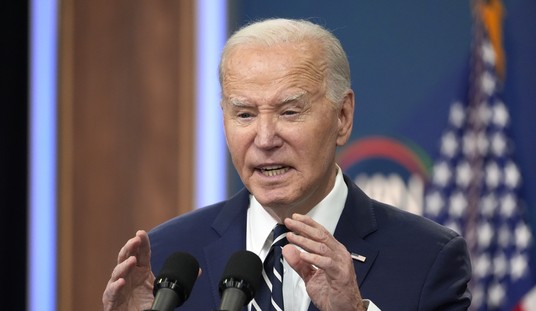
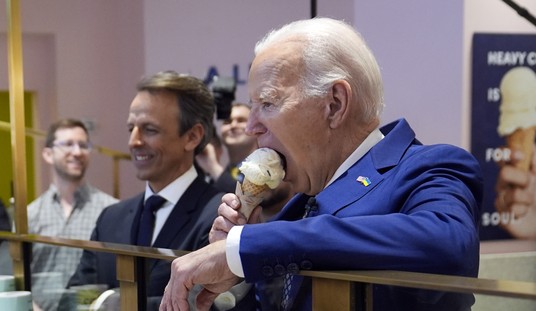

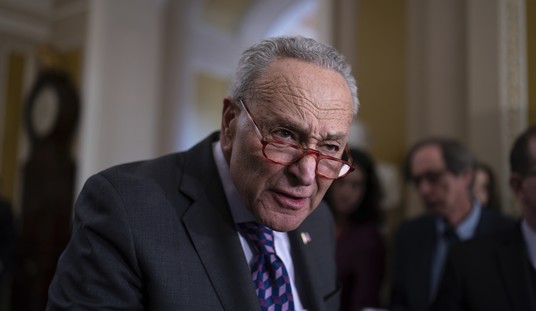
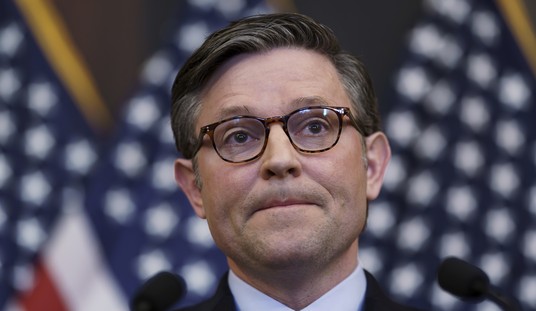

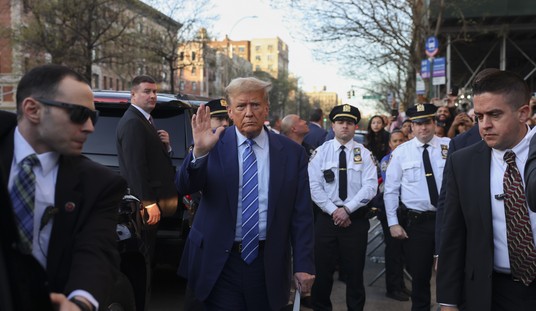

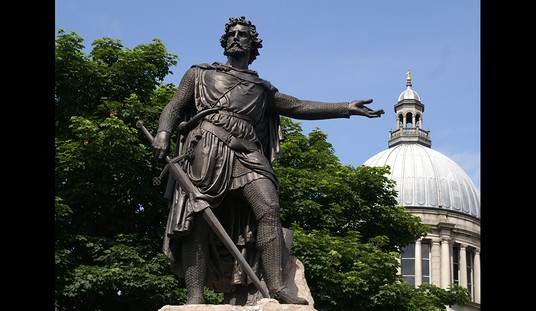


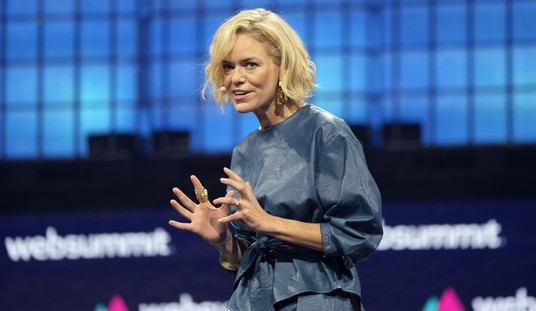
Join the conversation as a VIP Member